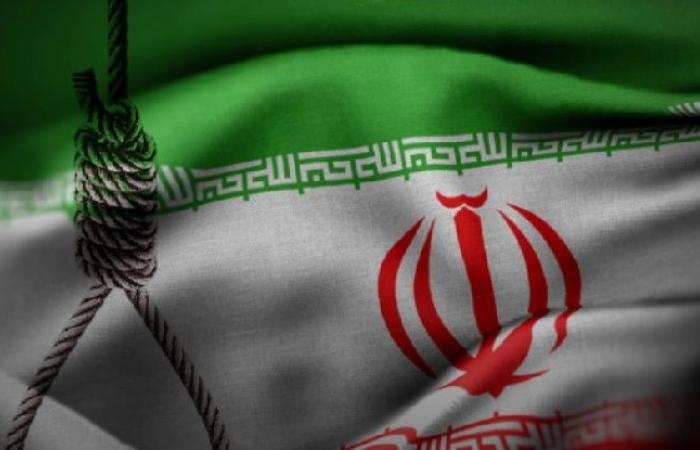CSDHI – Six Iranian political prisoners are likely to be executed after a manifestly inequitable trial, which arouses strong concerns about human rights violations in Iran.
Political prisoners – Abolhassan Montazer, Akbar (Shahrokh) Danehvarkar, Babak Alipour, Mohammad Taghavi Sangdehi, Pouya Ghoba and Vahid Bani Amerian – were sentenced by Branch 26 of the Tehran Revolutionary Tribunal for “Army Rebellion” (Baghi ) in October 2024.
Their trial was marred by allegations of torture and forced confessions, which led to a general conviction on the part of human rights organizations.
Inequitable trial and allegations of torture
The trial, which led to the death sentence of the six men, was qualified as fundamentally vitiated.
Information indicates that they were subjected to torture and ill -treatment during their detention at Evin prison, including tobacco passages, prolonged isolation and refusal of medical care.
For example, Vahid Bani Amerian was reportedly defeated during his arrest on December 22, 2023, which earned him serious injuries and a forced disappearance for two weeks.
Abolhassan Montazer also underwent serious physical pain during his detention due to inadequate medical care and difficult conditions.
These actions are contrary to international standards in equitable trials and treatment of prisoners. In particular, several accused said that the confessions obtained during their interrogations had been obtained under torture; However, no investigation into these allegations was opened by the court.
Context of increase in executions
The authorities of the Iranian regime have intensified their use of the death penalty in recent years, in particular after the uprising of 2022. For the year 2023 alone, at least 997 executions took place, an alarming increase of 48 % compared to the previous year.
-This trend reflects a broader strategy aimed at suppressing dissent and instilling fear among the population. These six men are among the many people who have been sentenced to heavy penalties at the end of trials lacking transparency and equity.
Additional information
These political prisoners were arrested between the end of December 2023 and the end of February 2024 on the basis of affiliation allegations to a prohibited opposition group, the organization of the mujahideen of the Iranian people (OMPI), which they denied.
They were also found guilty of other national security offenses. The trial was characterized by a lack of access to a legal representation; Many accused met their lawyers for the first time during a brief meeting preceding the trial.
In addition, the authorities of the Iranian regime have refused prisoners access to adequate health care, despite the serious health of some of them.
Appeal to action
Human rights defenders urgently ask that immediate measures be taken to end the executions of Montazer, Danehvarkar, Alipour, Sangdehi, Ghobadi and Bani Amerian. They request the cancellation of their convictions and their sorrows due to the arbitrary nature of their detention and the violations of their rights to a fair trial.
In addition, they ask for access to legal representation and family visits for detainees, as well as an investigation into the allegations of torture made during their interrogations.
In light of these developments, it is essential that international organizations and governments put pressure on the authorities of the Iranian regime so that they respect the standards in matters of human rights and that they completely abolish the death penalty .
The situation remains critical because appeals are in progress before the Supreme Court, the deadline for action being set for April 30, 2025.






